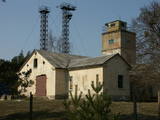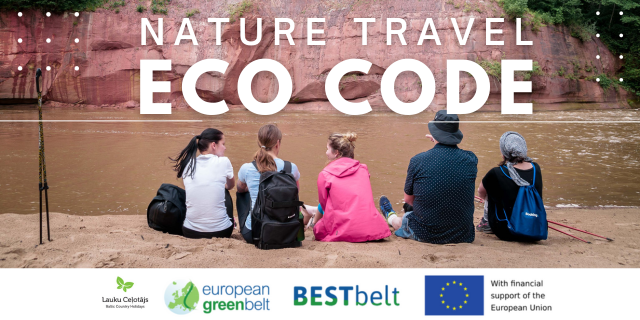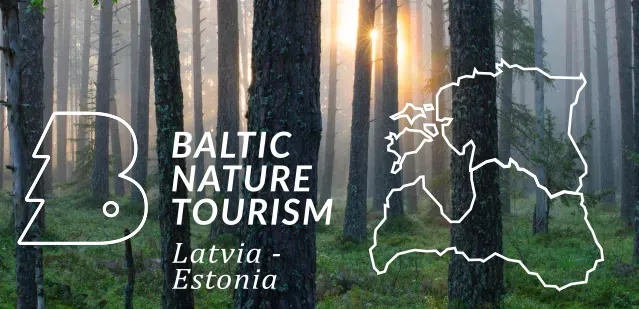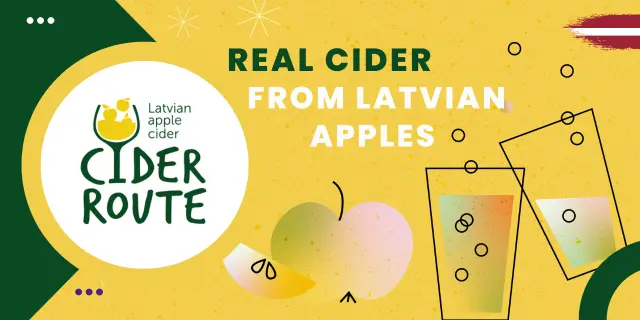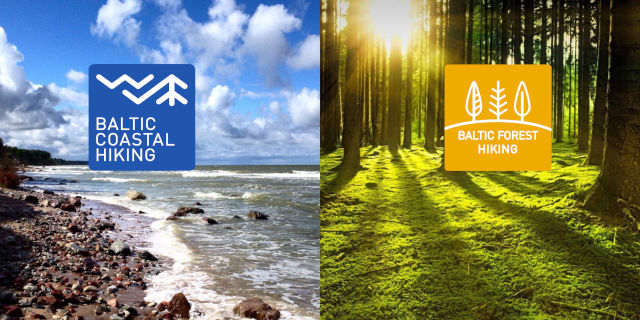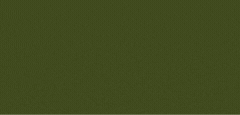Cooperation with the border guard in the fish factory
There were not enough men to carry the heavy boxes. The factory called to <i>zastava</i> and asked them to send soldiers to help. For that, they got provision: oil, fish, whatever, because it was not possible to pay in money.
I live in Kolka since 1960. My grandmother was from Košrags village, she married into the “Arāji”. My father was from Vīdāle.
I worked in the fish factory. Morozov was the director. In the beginning, I worked on sprats’ production line, later on the line producing fish in tomato sauce. I worked in fish processing all my working life until I retired.
Border guards came to the factory to help with loading the fish boxes on trucks to send the factory produce to Riga. Most of us workers were women. There were not enough men to carry the heavy boxes. The factory called to zastava and asked them to send soldiers to help. For that, they got provision: oil, fish, whatever, because it was not possible to pay in money.
In Kolka, there were border guards and marines. At first, zastava was located in the old estate building by the church, and the border guards had some quarters on the very Cape Kolka.
We needed to have our passports all the time with us. We could go out any time but it was difficult for our relatives, friends and acquaintances to visit us in the borderland. Border guard was checking busses and cars, special passes were required, we called them propusk, in Russian. In certain distances, there were border guard stations and barriers on the road. The border guards were always on duty there.
Local people had some restrictions. We could go swimming only in the gulf side, opposite the local club. If you wanted to walk along the coast in the side of the open sea, for example, to Vaide, you had to know someone from the border guard to get permission. My husband worked in the post office and he was on quite good terms with the officers. He asked permission and we often used to walk along the seaside to Vaide and back on Sundays. But once we just passed the Cape Kolka when two armed border guards stopped us and escorted through the whole village to zastava. What a shame it was! When the officer saw us, he laughed, praised the soldiers for diligence and let us go.
When the big storms started in autumn, many people went to the open sea to pick amber. There was more amber behind the cape. We had to ask permissions from the officers. Those who did not carry permission were not allowed to pick amber.
The area behind the cape, towards Ventspils, was under very strict control. There was a shooting range, trenches. The military practiced shooting there. There was extra checking when border guards got to know about someone having escaped from prison or somebody returning from imprisonment.
The seashore was not illuminated in the dark, but there were spotlights from the lighthouse and the village was light day and night.
The border guards had dogs, one of them, named Ruslan, was popular in whole Kolka.
I worked in the fish factory. Morozov was the director. In the beginning, I worked on sprats’ production line, later on the line producing fish in tomato sauce. I worked in fish processing all my working life until I retired.
Border guards came to the factory to help with loading the fish boxes on trucks to send the factory produce to Riga. Most of us workers were women. There were not enough men to carry the heavy boxes. The factory called to zastava and asked them to send soldiers to help. For that, they got provision: oil, fish, whatever, because it was not possible to pay in money.
In Kolka, there were border guards and marines. At first, zastava was located in the old estate building by the church, and the border guards had some quarters on the very Cape Kolka.
We needed to have our passports all the time with us. We could go out any time but it was difficult for our relatives, friends and acquaintances to visit us in the borderland. Border guard was checking busses and cars, special passes were required, we called them propusk, in Russian. In certain distances, there were border guard stations and barriers on the road. The border guards were always on duty there.
Local people had some restrictions. We could go swimming only in the gulf side, opposite the local club. If you wanted to walk along the coast in the side of the open sea, for example, to Vaide, you had to know someone from the border guard to get permission. My husband worked in the post office and he was on quite good terms with the officers. He asked permission and we often used to walk along the seaside to Vaide and back on Sundays. But once we just passed the Cape Kolka when two armed border guards stopped us and escorted through the whole village to zastava. What a shame it was! When the officer saw us, he laughed, praised the soldiers for diligence and let us go.
When the big storms started in autumn, many people went to the open sea to pick amber. There was more amber behind the cape. We had to ask permissions from the officers. Those who did not carry permission were not allowed to pick amber.
The area behind the cape, towards Ventspils, was under very strict control. There was a shooting range, trenches. The military practiced shooting there. There was extra checking when border guards got to know about someone having escaped from prison or somebody returning from imprisonment.
The seashore was not illuminated in the dark, but there were spotlights from the lighthouse and the village was light day and night.
The border guards had dogs, one of them, named Ruslan, was popular in whole Kolka.
| Tourism objects involved in this story | ||
|---|---|---|
The Cape of Kolka is freely accessible to local residents and tourists today, but the border guard facility still serves its purposes and is not open to civilians. |
||

